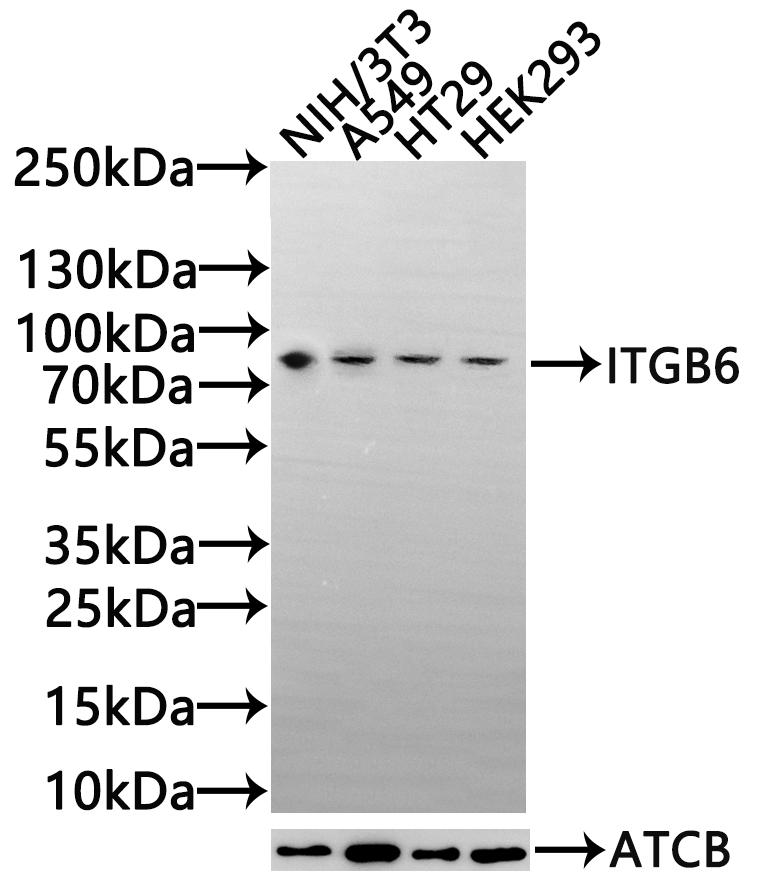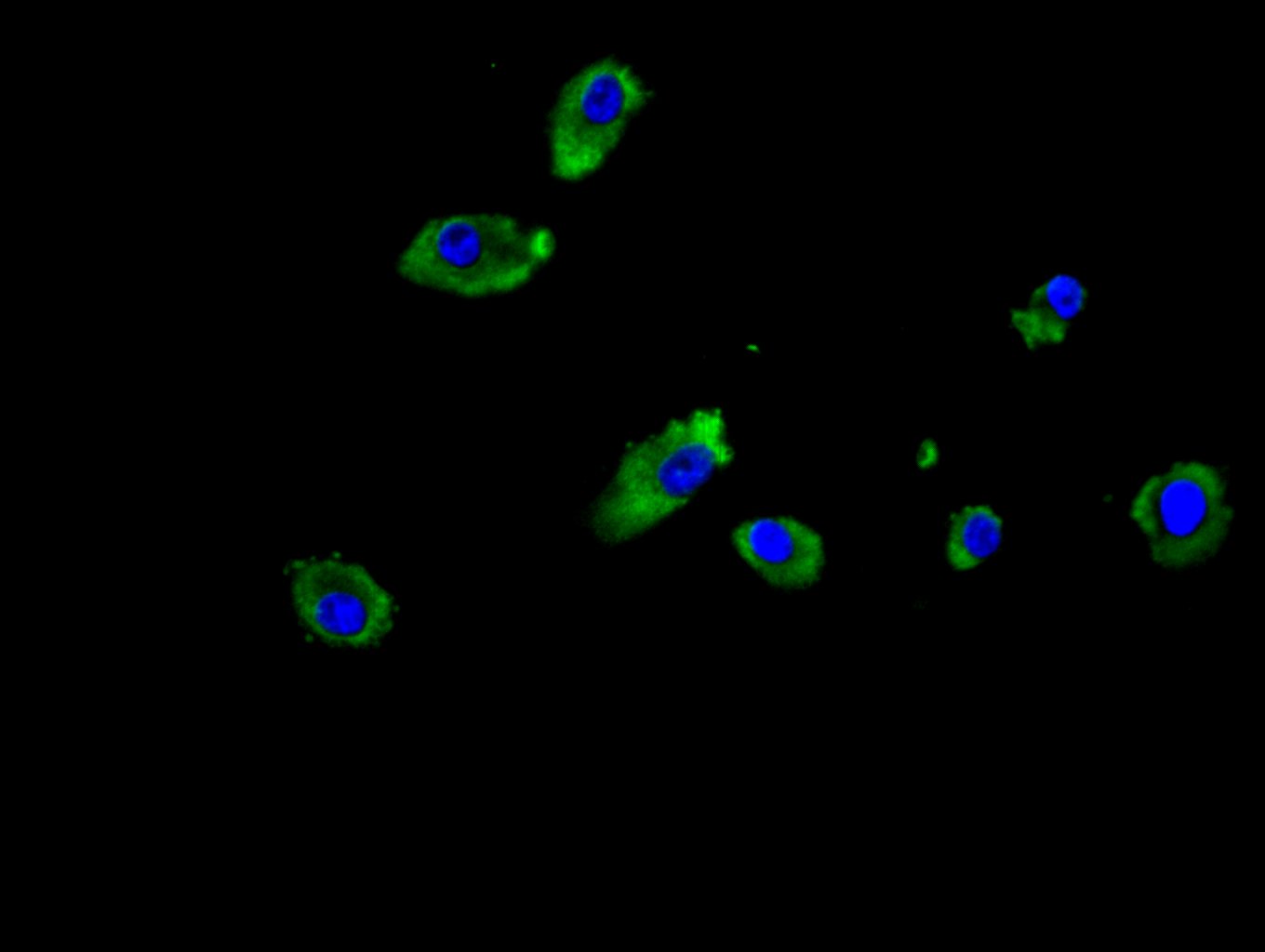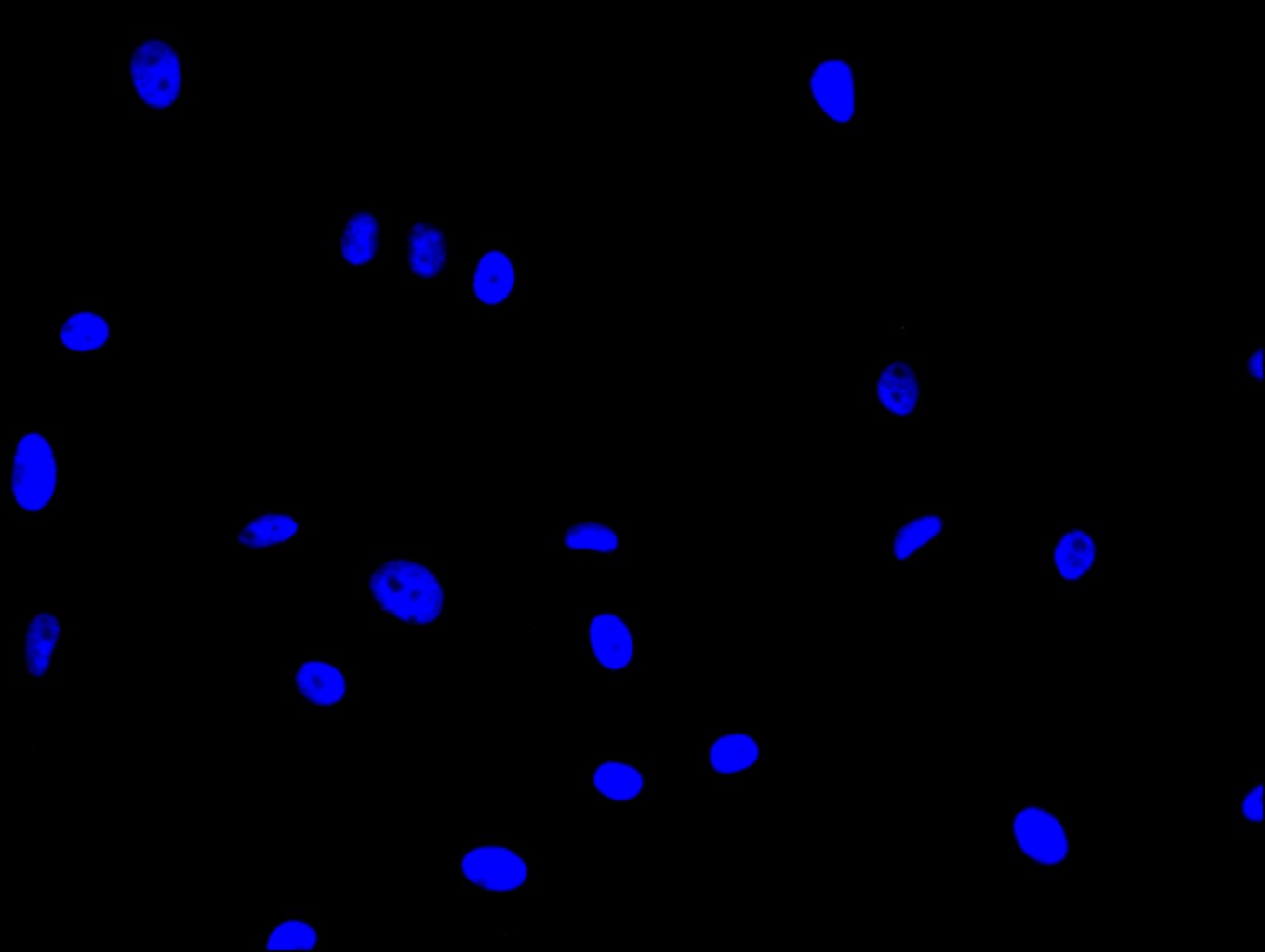ITGB6 antibody CSB-PA011890LA01HU is a rabbit polyclonal IgG that binds to human and rat ITGB6. It was produced in a rabbit immunized with the recombinant human ITGB6 protein (451-586aa). This ITGB6 antibody has been selected for its ability to recognize ITGb6 in ELISA, WB, IHC, and IF. Its purity reaches up to 95% using protein G affinity chromatography.
ITGB6 is primarily expressed in epithelial cells, where it plays a critical role in regulating cell-ECM interactions and tissue remodeling. It has also been implicated in inflammation, wound healing, and cancer progression. Variations in ITGB6 protein have been associated with various pathological conditions, including fibrosis, cancer, and autoimmune diseases.









